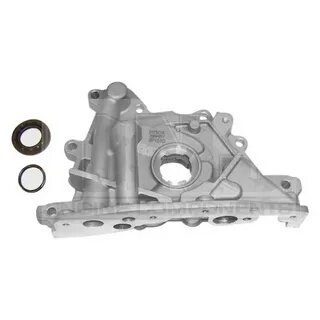You must ensure your engine oil pump does not suffer any damage due to low oil pressure. If your engine's oil pressure is low, it can cause several problems that can affect your good machine.
Here are the Reasons for Low Oil Pressure
Oil Level Is Too Low
One of the most common reasons for low oil pressure is that the oil level has dropped below the minimum line on the dipstick.
Over time, engines use up oil faster. This happens because the piston rings wear out, the seals leak, etc. Alternatively, you may find you have an oil leak. Therefore, depending on how old and how well your car is, the oil pressure may drop faster.
Low Pressure
The pressure gauge usually shows the pressure in pounds per square inch or bars in diesel engines. Some oil seal manufacturers in India make lubricants with a lower viscosity that are still in the SAE grade range.
A lower viscosity makes lubrication systems work better, but it may cause the pressure gauge to read less. There is no reason to worry if the pressure is within the normal range. You might find that some lubricants have higher operating pressures than others do.
Engine Wear
If the oil level on the dipstick is between half and full and the engine has many miles on it, worn engine bearings could be causing the low pressure. When there is too much wear, the original flow restriction is lessened, making the pressure drop. If this is the case, the engine will likely need to be rebuilt or replaced.
Oil Pump is Damaged or Worn Out
If the oil engine water pump is broken or worn out, it will not be able to keep up the oil pressure needed to control how oil flows through the engine. Damage to or wear and tear on oil pumps is not common.
Clogged or Dirty Oil Filter
Oil filters help to get rid of dirt, debris, and other things that can get into the engine oil. Over time, these particles can build up, and without a filter, they would do a lot of harm to an engine. While your filter becomes clogged, less oil flows around the engine, causing pressure to fall.
The pump, oil filter, lubrication lines, and hardware are the main parts of an engine's lubrication system. The resistance that the oil has to overcome in the lines to get to the parts that need to be oiled causes pressure in the system. Lubricant is forced through the system with the help of a pump. When an engine is being designed, the engine oil pump has the right amount of pressure and flow to get lubricant to the farthest away part.

Comments
Post a Comment